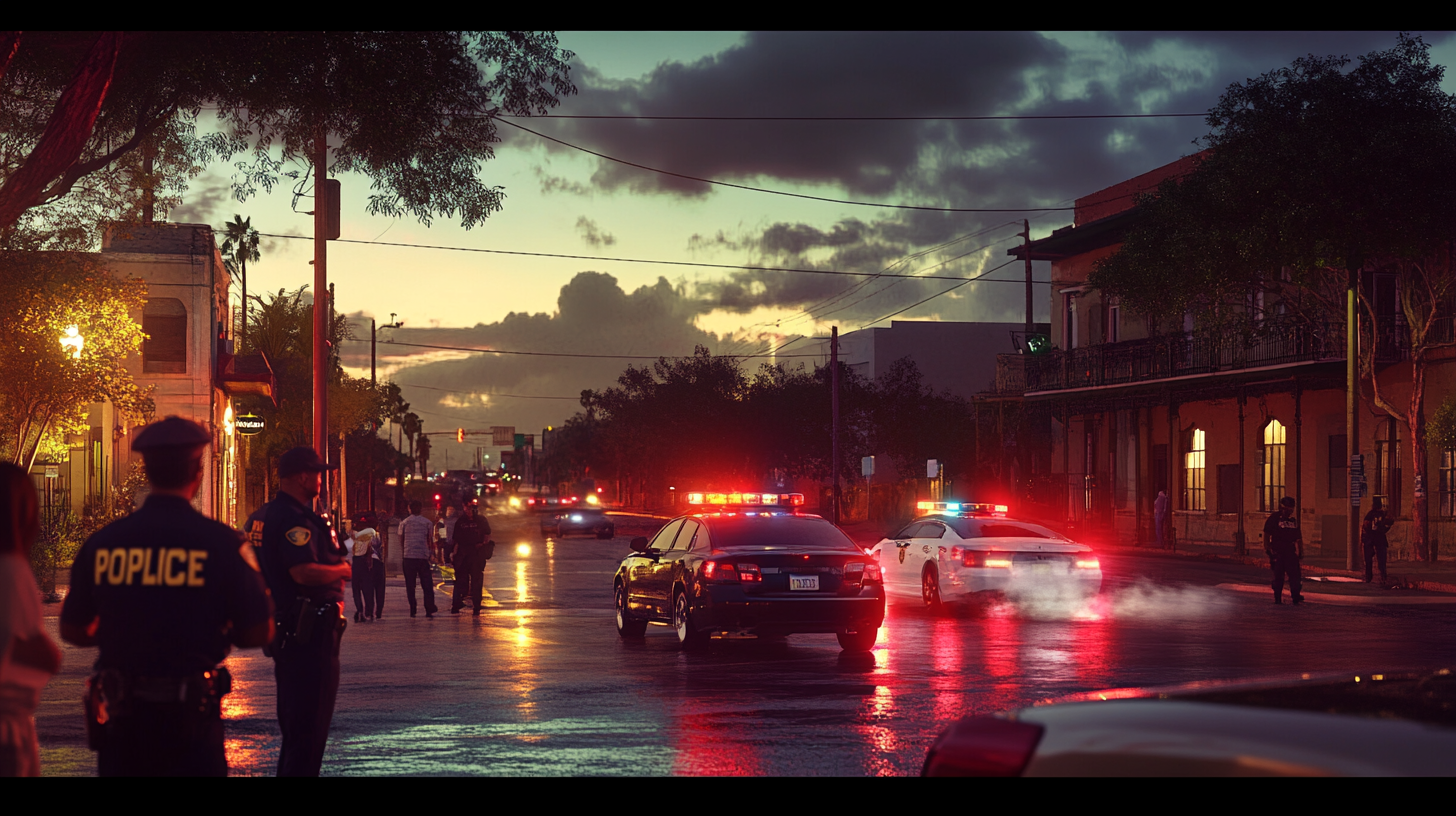Brownsville PD Seeks Public Assistance in Cross-Border Car Theft Case
Brownsville, Texas, a bustling city in the heart of the Rio Grande Valley (RGV), finds itself in the midst of an intriguing car theft investigation that underscores the unique challenges and complexities of this border community. The Brownsville Police Department has turned to the public for help in locating a person of interest tied to a recent car theft case. The suspect reportedly drove a stolen Chevy Traverse across the border into Mexico, and authorities are now soliciting information from the community through Brownsville Crime Stoppers.
The Incident
Local authorities report that a woman is believed to have smuggled a stolen Chevy Traverse into Mexico, igniting a cross-border pursuit that highlights the ongoing struggle to manage crime in a transnational environment. “We are urging anyone with information about the suspect to come forward. Their cooperation is essential in aiding this investigation,” stated Sergeant Mark Alvarez of the Brownsville Police Department. Information can be shared anonymously by contacting Brownsville Crime Stoppers at (956) 546-8477 or through their online tip submission system.
Significance for the RGV Community
This incident underscores the distinctive challenges associated with policing in Brownsville, a city with close cultural and economic ties to Mexico. For Valley residents, the blend of local impact and cross-border dynamics is a familiar narrative. Sheriff Ricardo Solis explains, “We are uniquely positioned here in South Texas. Our RGV news often reflects cross-border issues that impact both law enforcement efforts and community safety.”
The stolen vehicle case is emblematic of broader security concerns prevalent in border towns, where criminal activities frequently straddle national boundaries. Local businesses dependent on fluid cross-border traffic fear the potential tightening of border protocols, which could disrupt commerce and daily life.
A Historical Context
The region is no stranger to episodes of crime with international links, often requiring nuanced, cooperative strategies between U.S. and Mexican authorities. This dependency on bilateral cooperation forms a significant aspect of ongoing discussions among local leaders and law enforcement officials.
Brownsville’s efforts to cultivate relationships across the border are mirrored in upbeat community-focused segments presented by ValleyCentral. Initiatives like “Best of the RGV” and “Hidden History” highlight the positive, collaborative spirit between neighboring countries, showcasing joint cultural and historical heritage that unites the region beyond crime narratives.
Implications for the Future
Looking ahead, this incident may prompt increased discourse around border security measures and the integration of crime-fighting technologies. Brownsville and its sister cities across the border might bolster bi-national law enforcement collaborations to facilitate quicker resolution of such cases while addressing the concerns that arise from heightened border security measures affecting local life.
Dr. Hector Gonzalez, a sociologist at the University of Texas Rio Grande Valley (UTRGV), notes, “The true challenge lies in balancing robust security with economic vitality that depends on cross-border exchanges. Community input remains vital in crafting policies that achieve this delicate equilibrium.”
Community Perspectives and Resources
While Brownsville PD continues its search for the suspect, community members have been encouraged to remain vigilant and report any suspicious activities. Resources like Brownsville Crime Stoppers play a crucial role in fostering a participatory approach to public safety, vital for trust-building between law enforcement and the community.
Beyond criminal cases, the ValleyCentral website highlights various support systems relevant to Valley residents, such as job listings and weather alerts. These resources prove invaluable to residents navigating the practical challenges of border living, reminding them of the multifaceted nature of community support infrastructure available to them.
In summary, while this car theft case unfolds, it exemplifies the complex fabric of life along the U.S.-Mexico border. The cooperative effort to resolve this situation drives home the point that beyond geography, it is the spirit of collaboration and shared responsibility that will ultimately determine the region’s resilience and future prosperity.
ValleyCentral encourages its audience to stay engaged with such stories, using its platform not only for news but also as a voice for the community, supporting efforts to enhance the quality of life for all residents of the Rio Grande Valley.







